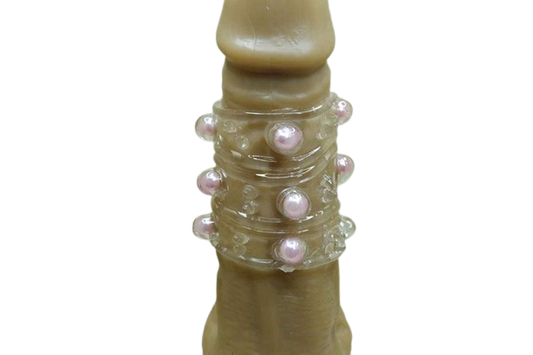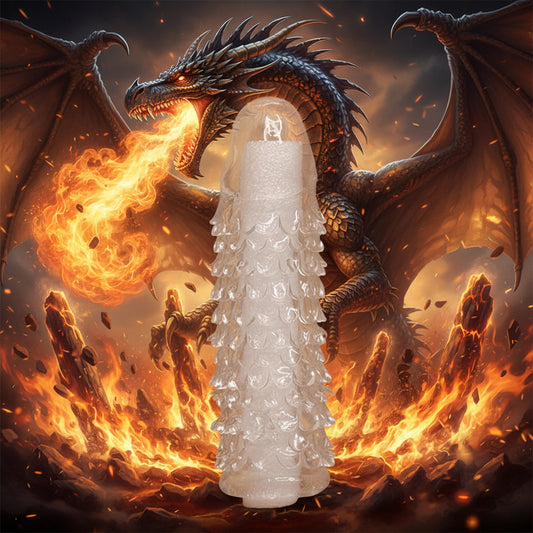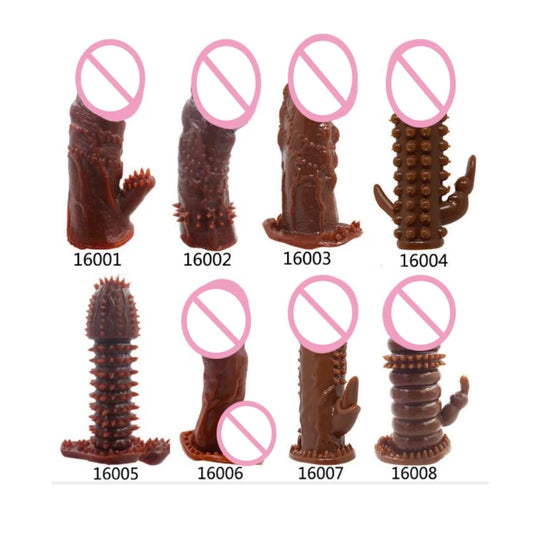
Want to be stimulated: How to talk to your boyfriend so he understands your needs
Share
Introduction: Why is it important to talk about sexual desires?
In relationships, many couples struggle with what's known as "sexual mismatch." It's not because they don't love each other, but because neither person can read the other's mind! If you feel like your physical connection is fading, or you're just not reaching orgasm with traditional methods of stimulation, it's time to openly communicate your needs. Talking about sex shouldn't be embarrassing, it should be exciting and intimate.
This article will introduce you to five communication techniques that emphasize understanding, encouragement, and collaborative action to help your partner truly understand your needs.
1. Create a relaxed and non-pressured atmosphere (Choose the Right Time)
Talking about sex should not occur during sex or immediately after a conflict, as this can cause partners to feel blamed.
- Pick the right time: It should be when you're both relaxing, like watching a movie on the couch, taking a walk, or after dinner.
- Use open-minded language: Start with a positive statement, such as, "I'm so happy we're getting closer and I'd like to explore sex more."
2. Use "I" statements instead of "You" statements.
This is the most important communication technique to avoid your partner feeling judged or accused. Using "I" language focuses on your own feelings and needs.
| ❌ Avoid (You-Statement) | ✅ Try using (I-Statement) |
|---|---|
| "You never know what I like." | "I feel really good when you... (list what he used to do)." |
| "Why don't you stimulate this point?" | "I'd like you to try stimulating this area, because it gives me a tingling sensation." |
| "What should you do differently?" | "I'd like to invite you to try something new that will excite both of us." |
3. State your needs clearly and specifically (Be Specific)
The term "wanting to be stimulated" is too broad. Your partner will not know what to do. You need to provide the clearest and most straightforward "map" possible.
- Position: "I like you to gently stimulate the left side of... (specify desired area) with your mouth first."
- Tell me the technique/rhythm: "I like it a little slower and deeper," or "Try alternating your hand rhythms."
- Tell the device: "I want us to try using the new vibrator to stimulate this area at the same time."
4. Guide with practical action (Show, Don't Just Tell)
Direct expressions are always more effective than words. Here are some ways you can guide your partner as the activity progresses:
- The Hand-on-Hand: Take your partner's hand and guide them to the point you want to stimulate or teach them your favorite rhythm.
- Vocalization: Make sounds when you feel good or bad (e.g., "Ah... that's nice!" or "Can you make it a little quieter?").
- Physical cues: Move your body closer or press your hips when he hits the spot.
5. Always give compliments and encouragement (Encourage and Reinforce)
When your partner makes an effort to meet your needs and does so well, reward him with praise to encourage him to do so again in the future.
- **Emphasize your accomplishments:** "Wow! You did a great job! That felt amazing!" or "That was the best shot ever!"
- **Avoid blaming:** If he makes a mistake or something doesn't go your way, don't blame him, but instead gently "redirect" him.
summarize
A healthy relationship starts with clear communication. Being open about your needs isn't selfish, but rather a mutual investment in your happiness. When you know how to communicate wisely and honestly, your partner will understand and be more willing to explore the exciting world with you.














